There once lived a Nigerian lawyer and human rights activist who was so principled and upright in his ways that when he died, his incarcerators were some of the first set of people to mourn him. Only one Nigerian ever was dubbed ‘Senior Advocate of the Masses (SAM), apparently to diss authorities who were holding on to what the public felt was his well-deserved Senior Advocate of Nigerian (SAN) title.
That man is Gani Fawehinmi, who was born in Ondo state on April 28, 1938, but died on September 5, 2009 – exactly five years ago – aged 71.
His father, Chief Saheed Tugbobo, was a devout Muslim and a timber merchant, but Fawehinmi went to school, first at Ansar-Ud-Deen Primary School, Iyemaja, Ondo, from 1947 to 1953 and later Victory College Ikare (a Christian school) from 1954 to 1958, where he sat for and passed his West African School Certificate Examination in 1958.
After secondary school, he studied law at Holborn College of Law in London in 1961, doing menial jobs to complete his academic degree, after the death of his father who was sponsoring his education. At university, he was styled ‘Nation’ for his passionate interest in national, legal and political affairs.
Advertisement
Below are five qualities that defined Fawehinmi’s life.
HE WAS AN ACTIVIST
The late Fawehinmi was an advocate of the masses, fearless and fierce in advocating for the rights of the powerless in the society. Popularly known as the people’s advocate, he took up cases in court for defenceless people who could not afford to pay for his legal services. He championed the rights of the downtrodden in an unprecedented manner. Until his death, he fought for “ordinary” Nigerians whom he regarded as his constituency.
The international community took notice of his many passionate humanitarian campaigns, and he was consequently awarded the Bruno Kreisky Prize on June 11, 1993, and the International Bar Association’s Bernard Simmons Award in 1998.
Advertisement
HE DETESTED BAD GOVERNANCE
Gani criticised the various military regimes for corruption, bad governance and impunity. Neither did he spare the civilian government of Shehu Shagari for its failings. Throughout, the military era, he never stopped calling for a return to democracy, and he was a fierce fighter for democracy. These selfless activities earned him constant harassment and imprisonment. There were reported assassination attempts on his life. But through it all, he never stopped, or capitulated to fear. He was the enemy of the oppressive military regimes. He had more to gain if he stopped criticising the military governments, but he chose to stand with the people. Even, with the advent of democracy in 1999, he did not shy away from pointing out the shortcomings of the government, and proffering alternatives in cases of policy deficiency.
2 comments

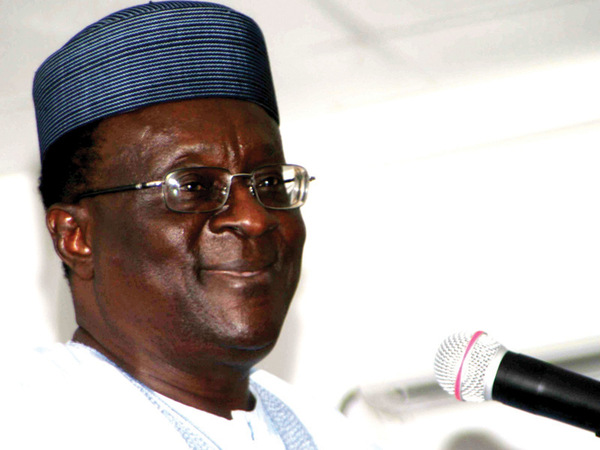
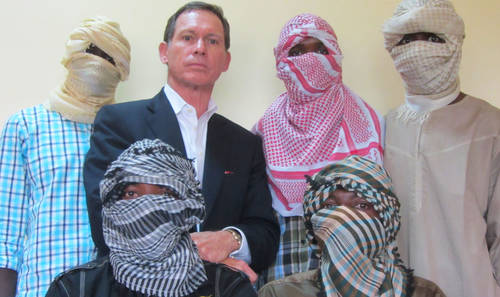
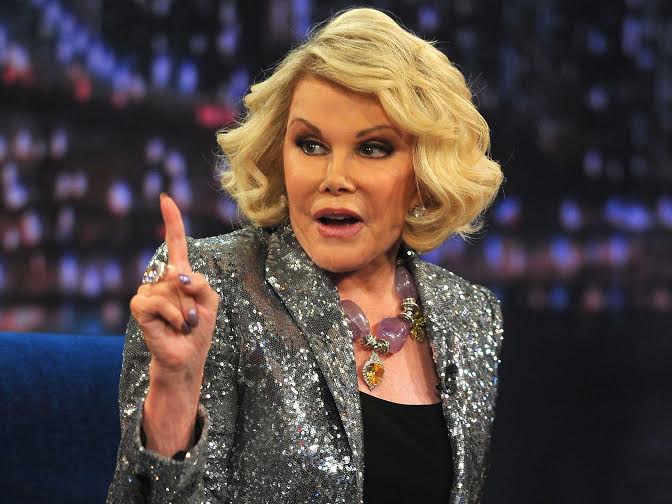

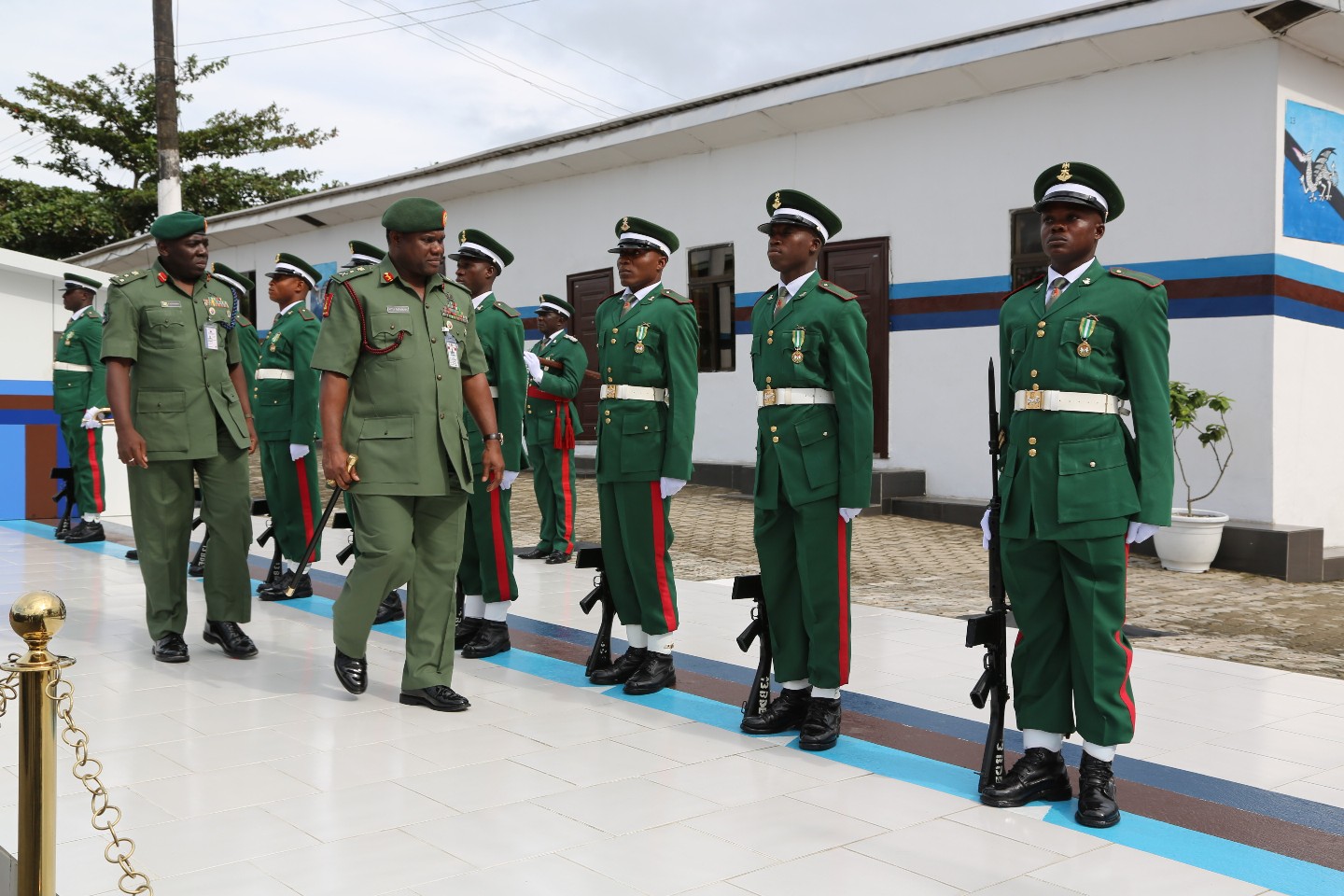
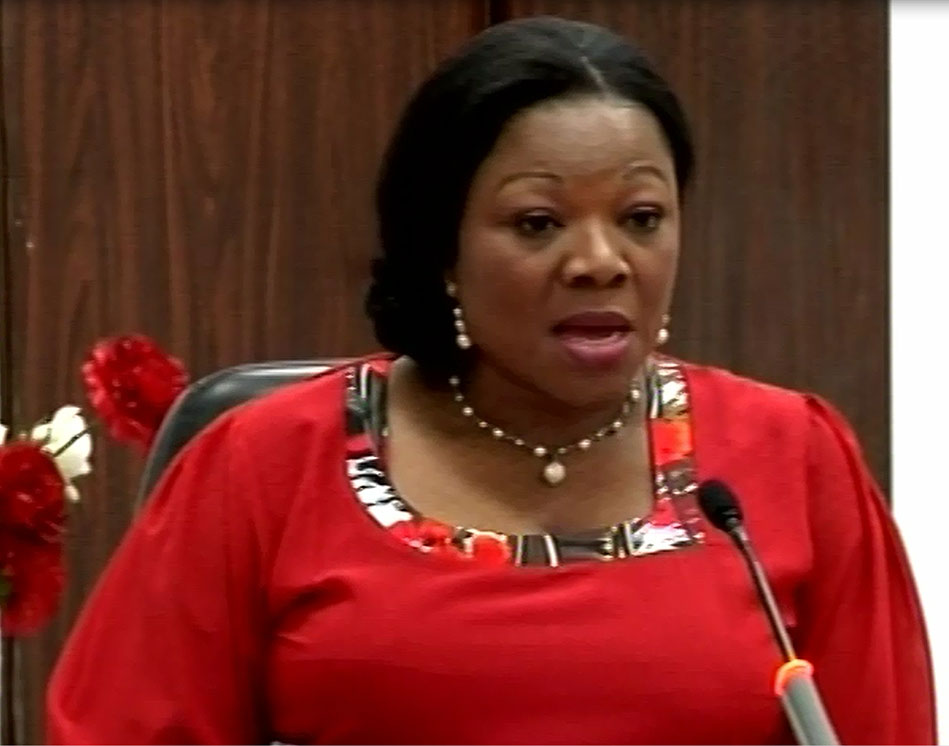

Gani the great, we will pick up where you left off.
The only tru fighter i have ever known.True fighter in every sense. Thanx Gani for the path and legacy you left behind.